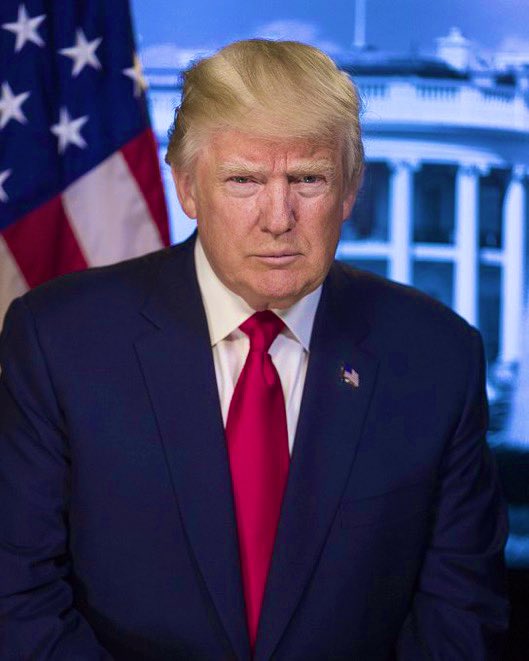Almost 40 international students in the US have recently had their visas revoked due to minor infractions, such as traffic offenses, leaving many confused and fearful about their futures. The unexpected action is seen by many as part of a broader effort by the Trump administration to tighten control over immigration and universities' handling of it.
The incident, which primarily affects students from universities like the University of Wisconsin, Stanford, UCLA, and UC San Diego, has caused a stir within the international student community. Many of those affected, including Lisa from the University of Wisconsin, Madison, learned about their visa status being terminated just days before graduation. Lisa received an email stating, “ISS is writing to inform you that your SEVIS record was terminated,” which meant she was no longer in legal status in the US due to a minor traffic violation from the year before.
SEVIS, the Student and Exchange Visitor Information System, is managed by the US Department of Homeland Security. When a student’s SEVIS record is terminated, they typically have just 15 days to leave the country, or they risk deportation and a ban from returning.
Despite many of the affected students having no criminal history—some charges were even dropped—they were still labeled as having "criminal records" due to their involvement in minor legal issues, such as receiving traffic tickets and attending court. Some were even fingerprinted, leading to their visa terminations.
This crackdown followed a statement by U.S. Secretary of State Marco Rubio, who announced that many student visas would be canceled, claiming it was a national security measure. Immigration lawyers have criticized this large-scale action, arguing that students weren't given a fair chance to explain their cases. Many students had been fingerprinted before, despite the charges being minor or dropped, and experts argue that fingerprinting alone should not be used to equate to a criminal record.
The consequences for the students are severe. For example, David, a Chinese student on Optional Practical Training (OPT), lost his job rights overnight and faces the challenge of relocating to Canada in just 15 days. Similarly, Bill, another student, is stuck in a legal limbo after being ticketed for driving with an expired license, uncertain if he will be detained if he stays to attend court.
As panic grew, more than 300 students joined an emergency Zoom call with federal immigration lawyer Brad Banias, who condemned the situation as a political move. “They’re criminalizing parking tickets,” he said.
This sudden visa crackdown has shaken the international student community, with many worrying that it’s not just about their status but a broader message about the Trump administration’s stance on immigration. “This isn’t just about students,” Banias concluded. “It’s about the message the government is sending: that no one is safe.”




